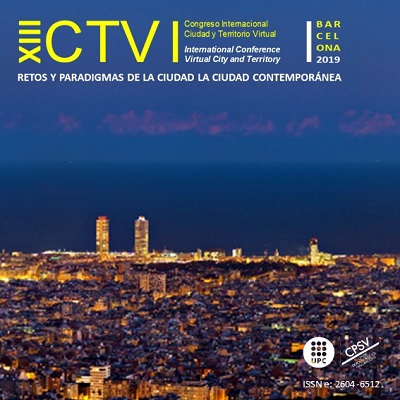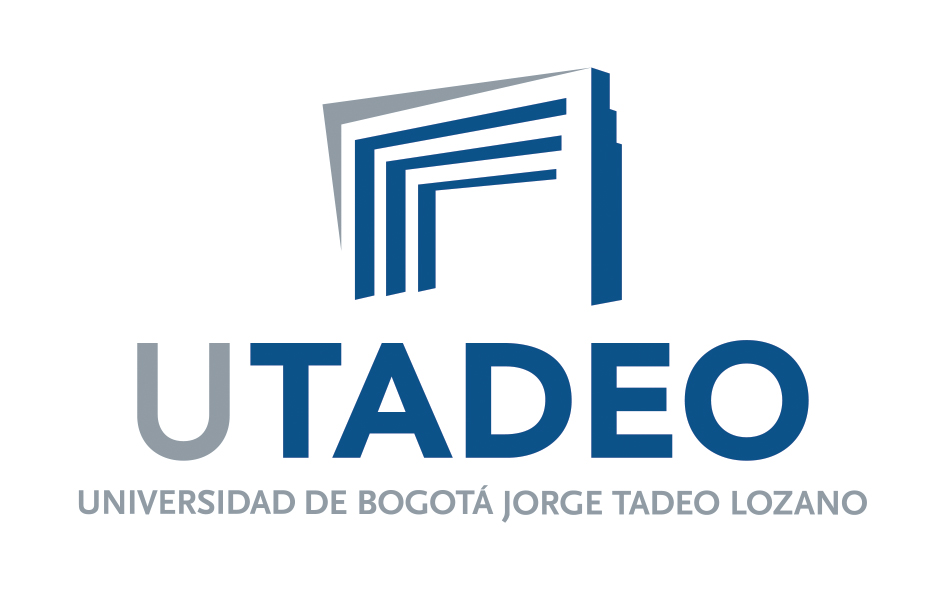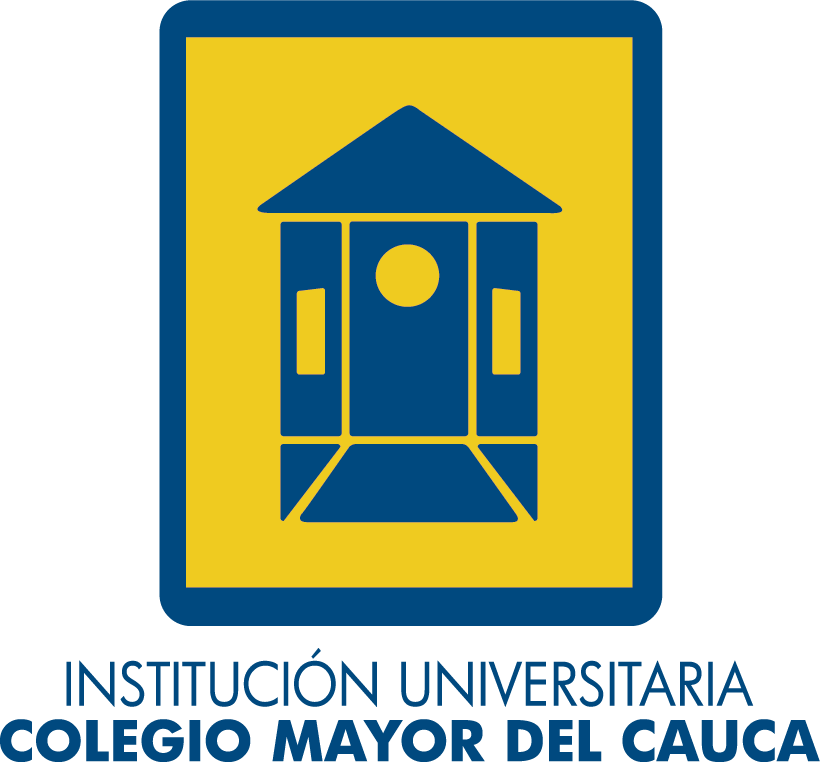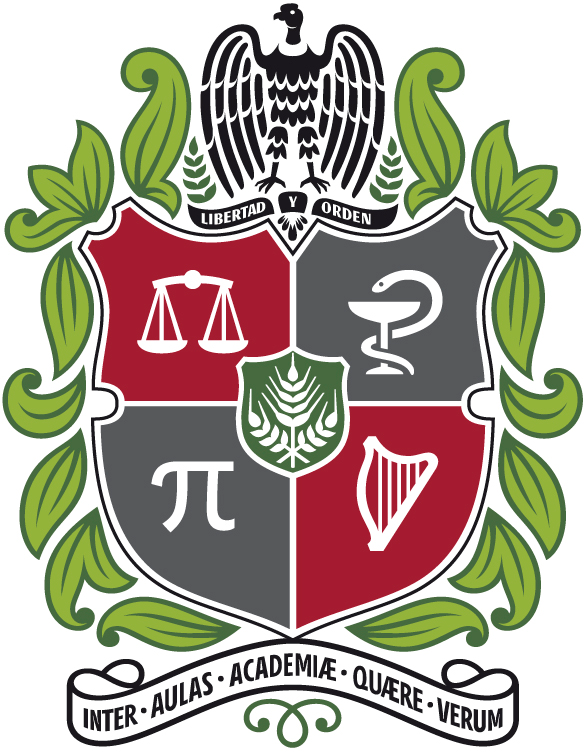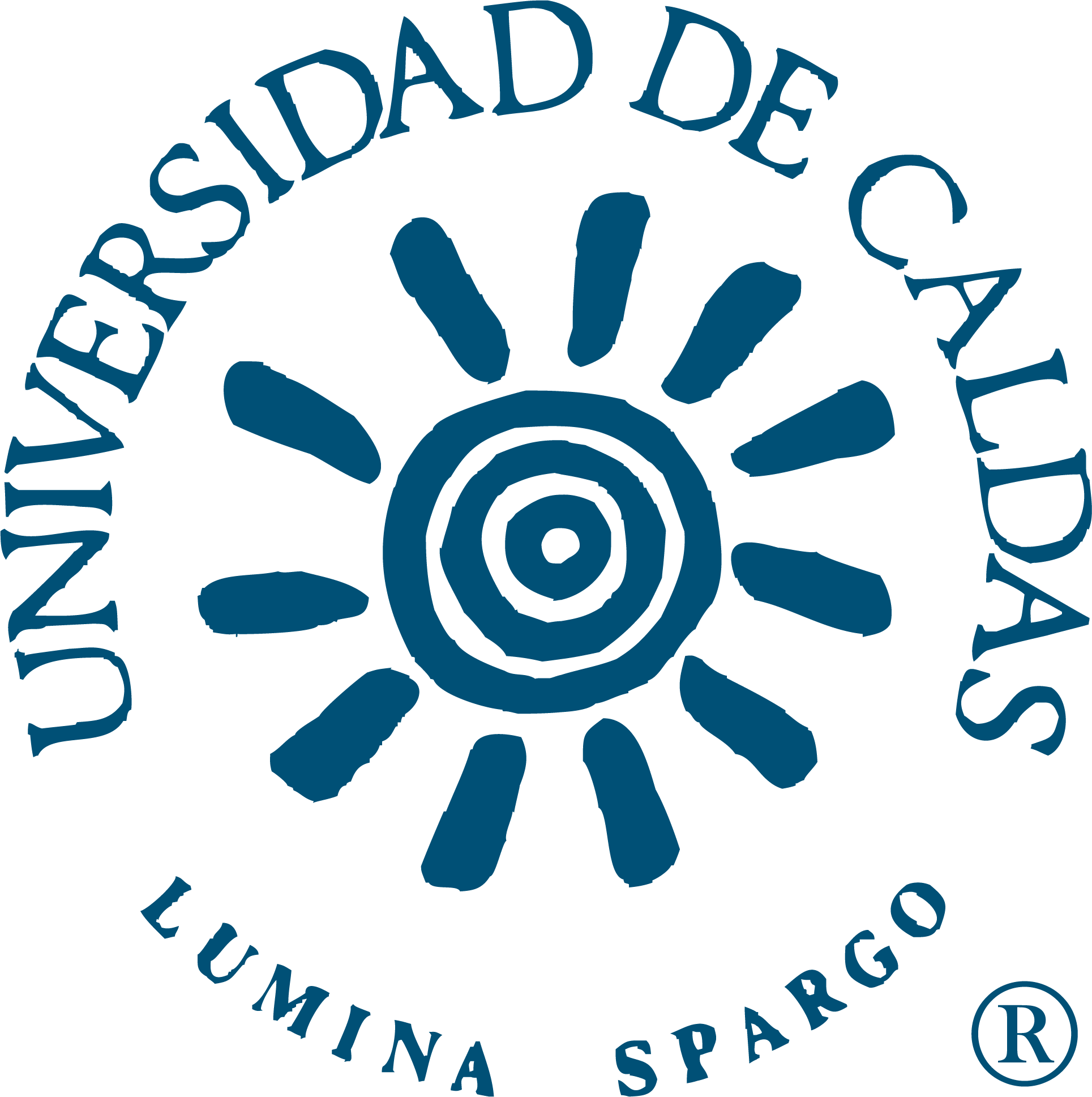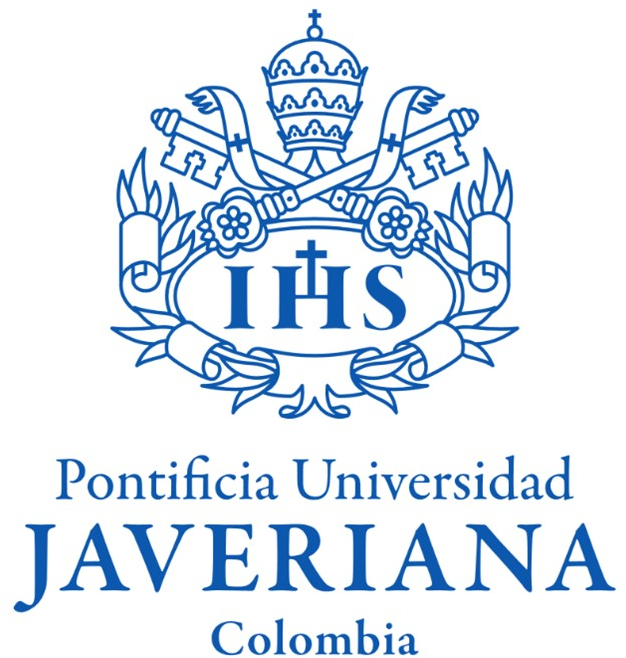Episodis d'intensitat extrema de precipitació a Barcelona. Risc d'inundacions sobtades
DOI:
https://doi.org/10.5821/ctv.8416Paraules clau:
Desenvolupament urbà, desenvolupament Immobiliari, impacte urbà, Ciutat de MèxicResum
Les mesures d'integració com a instrument regenerador i d'inversió a la ciutat
Les teories que fonamenten la idea de ciutat parteixen de la base d'un consens racional supeditat a l'existència de subjectes amb els mateixos drets representats per governs democràtics i eficients. No obstant això, en els països subdesenvolupats la base conceptual sobre la qual es construeix la idea de ciutat difereix de l'establerta en països amb estructures democràtiques i pràctiques socials més desenvolupades.
L'impacte de el desenvolupament immobiliari generat per la producció capitalista de les ciutats a Amèrica Llatina no només ha accelerat i aprofundit els processos de segregació territorial i els conflictes socials, sinó que també han sobrepassat la capacitat de planejar, finançar i gestionar el desenvolupament urbà dels governs locals i nacionals. L'accelerada dinàmica de desenvolupament immobiliari també ha trastocat la significació ciutadana sobre la ciutat i les seves relacions, sense que tampoc s'hagi pogut construir una nova idea de ciutat que integri i ordeni eficaçment aquesta dinàmica i no només la rebutgi.
A la Ciutat de Mèxic trobem un dels millors exemples d'aquests processos de transformació urbana en el qual resulta molt clar que els instruments de planificació i gestió de la ciutat estan sobrepassats, però també presenta una oportunitat incomparable de replantejar aquests instruments davant la implementació de un nou marc jurídic i reglamentari derivat de la implementació de la primera Constitució Política de la Ciutat de Mèxic. En aquest cas d'estudi, s'explica en forma general la problemàtica existent i es presenta una proposta metodològica a partir de la qual l'administració de la ciutat compti amb millors eines per fer una avaluació sistèmica dels impactes urbans per a nous projectes, així com un exemple pràctic de com poden mitigar i compensar els seus efectes i fins i tot com un instrument de finançament de el desenvolupament urbà a escala de barri.
Aquesta proposta parteix d'un cas -actualment en desenvolupament- que realitza el Tecnològic de Monterrey (TEC) en el seu Campus Ciutat de Mèxic, el qual va tenir importants danys com a conseqüència del sisme de el 19 de setembre de 2019 el que també va generar un conjunt d'oportunitats per replantejar el paper de les seves instal·lacions i operació amb relació al seu entorn urbà no només des d'una perspectiva de coresponsabilitat amb el seu entorn urbà i social, sinó també com un factor de canvi i transformació urbana.


